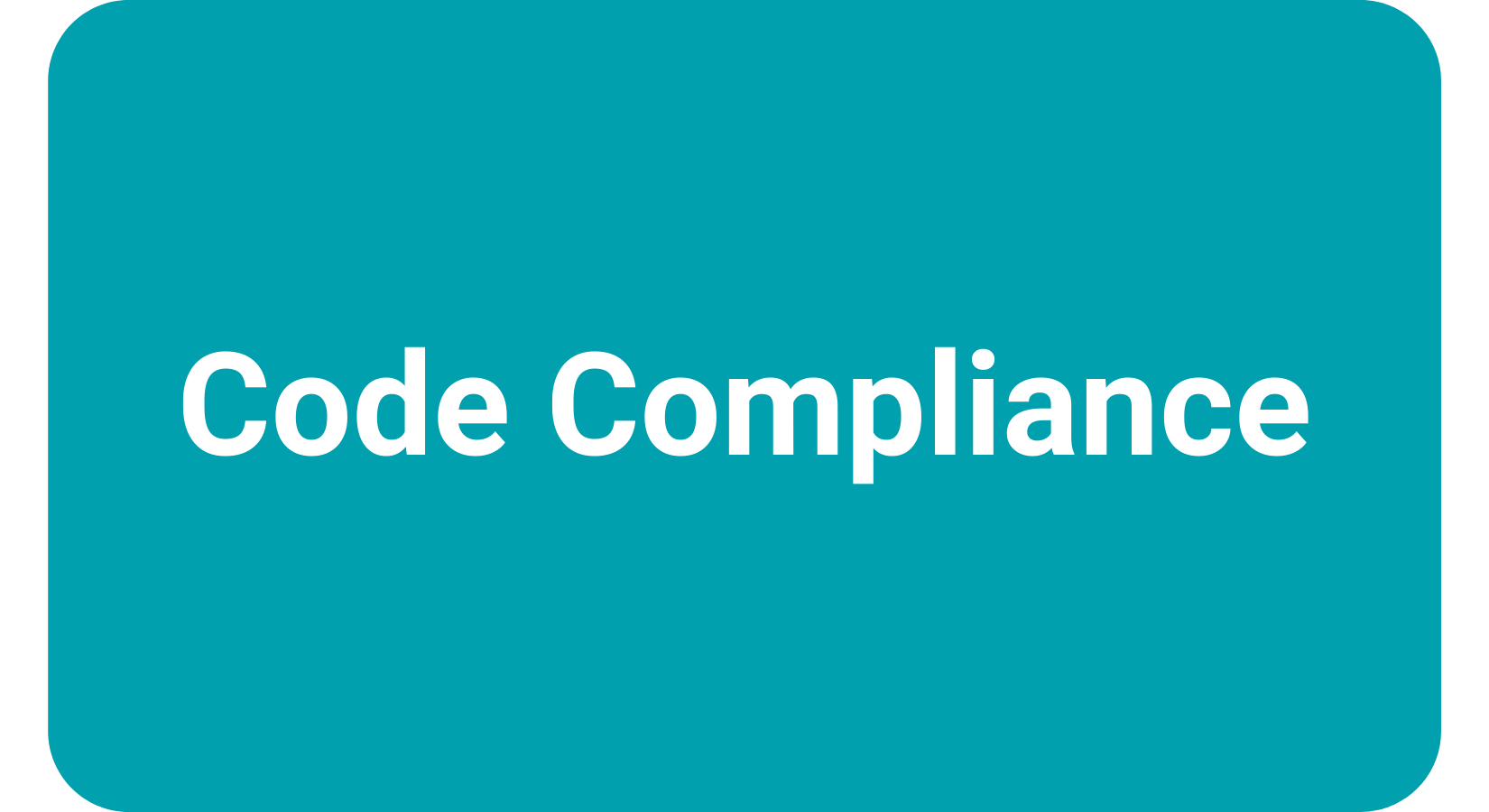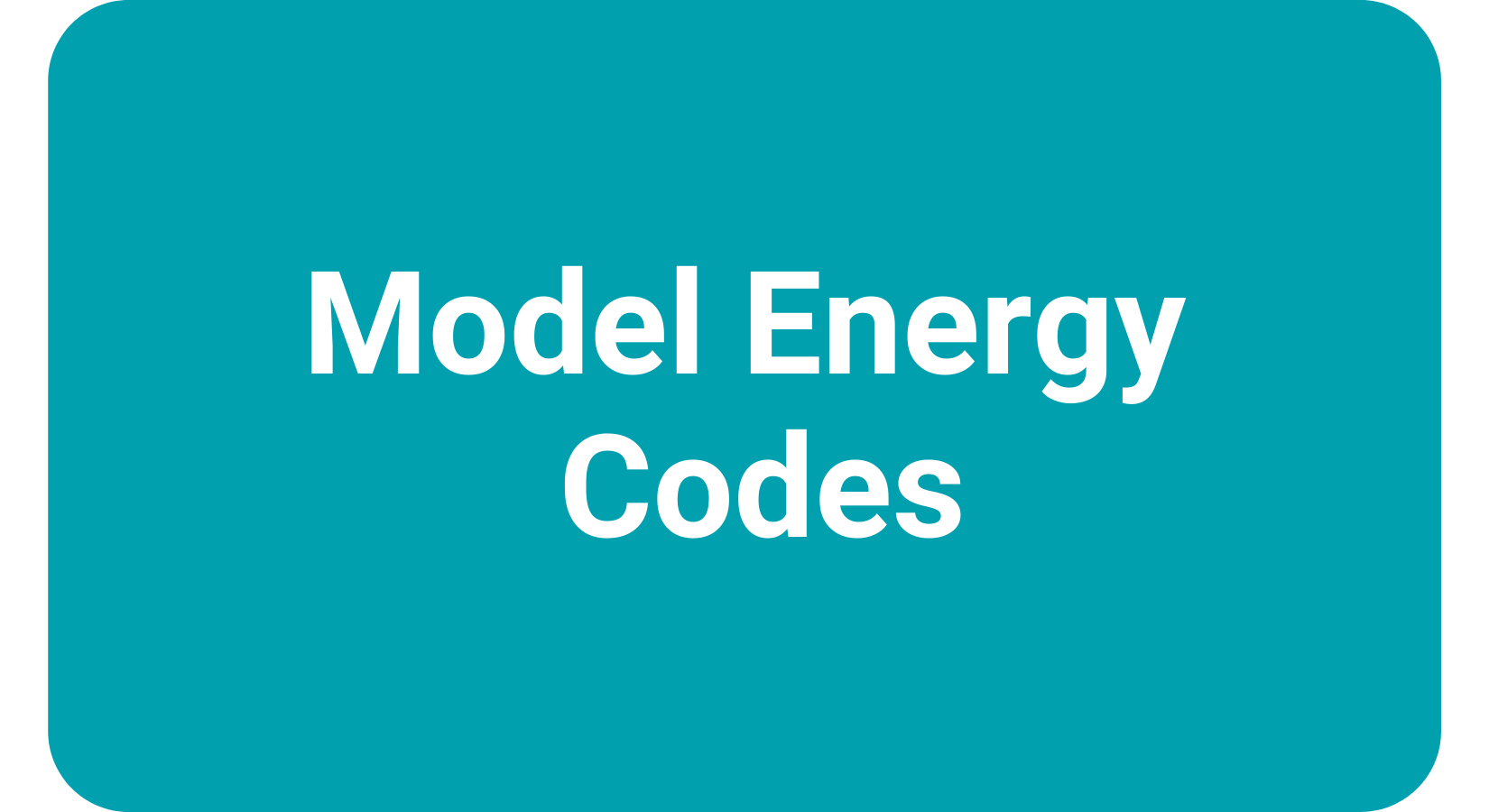
Homes and buildings continue to be among the most significant energy use sectors, accounting for approximately 41 percent of the nation’s total energy consumption, 72 percent of electricity usage, and over one-third of greenhouse gas emissions. Because homes and buildings represent such a significant portion of the nation's energy consumption, targeted policies and codes must govern the way and extent to which they use energy.
One of the best and most cost-effective ways policy can reduce energy consumption in new and existing homes and buildings is through building energy codes. Building energy codes are the base for energy efficient buildings, dictating the minimum level of energy efficiency in new buildings and in buildings retrofits.
NEEP helps the Northeast and Mid-Atlantic reduce its energy use and carbon emissions by providing states with resources to develop, implement, and comply with building energy codes.
Our Goal
We provide technical support to develop, implement, and comply with building energy codes and standards. By creating resources, providing technical assistance, hosting webinars and events, or facilitating energy code stakeholder groups, NEEP provides regional, state, and municipality-specific guidance on how to advance the energy efficiency, decarbonization, and electrification of homes and buildings through building energy codes. Our goals at NEEP are to:
Increase state and local adoption and enforcement of the latest national model energy code and stretch codes.
Expand building energy code compliance studies and programs with energy savings attribution for increased compliance rates.
Assist and support state and local governments with adoption plans or policies to achieve zero carbon and zero energy building codes by 2040 or sooner.
Building Energy Code Tracker (effective energy codes in the NEEP region). Click for adoption status details.




